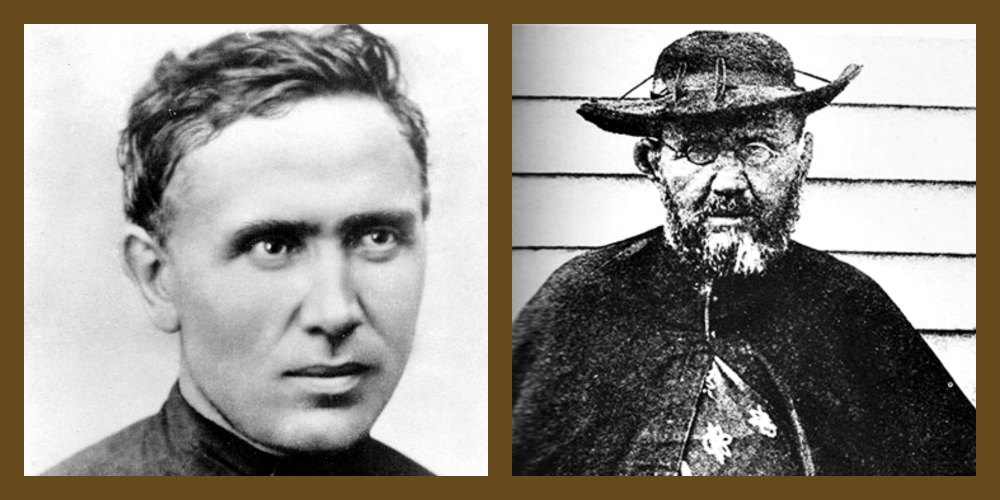Submitted and written by Deacon Jim Krupka
As we celebrate mass, the Liturgy of the Word concludes with the Universal Prayers or Prayers of the Faithful. As directed by the Church, the Deacon normally fills this role to voice the “needs of the people…due to his presence in the community.” The US Bishops direct this call to the Deacon because of his awareness of “day-to-day realities and rhythms of the family, neighborhood and workplace.”
As the deacon preparing the prayers, I am often approached to include a particular need or questioned about why I don’t include this or that. I understand the challenges and requests. With genuine need standing behind such requests, it is worth explaining what the Church expects from these prayers and how I prepare them. First, the Universal Prayers are placed at the conclusion of the Liturgy of the Word. The Deacon announces the prayers to represent a blend of the needs of the community and the inspired messages derived from the Scriptures and homily. The Church says, “the people respond in some sense to the Word of God which they have received in faith.” (GIRM 69). Regarding structure, the Church says, “petitions may be offered for holy Church, for those who govern with authority over us, for those weighed down by various needs, for all humanity, and for the salvation of the whole world.” That is the structure I follow in preparing the prayers. At the highest level, I connect the day’s scriptures to what is happening in the greater Church, world, and generally in our community. Due to the intended “universal” nature of these prayers, they are not a list of every need. Usually, there are five or six intentions that have this universal character.
A few brief words on content, in and out. Whether it is the intention addressing the Church or Government, the words often seek a transformation advancing the Kingdom of God among us, such as greater respect for life. Beyond those two topics, intentions include broad areas of need such as social justice or growth in faith with scripture or world events impacting the words. Intentions covered in other parts of the liturgy, like prayers for clergy or the deceased, are usually not included. However, in unique cases where most gathered share an intention, such as at weddings or funerals, more individually directed prayers have a place.
